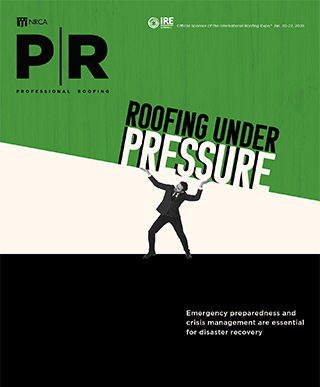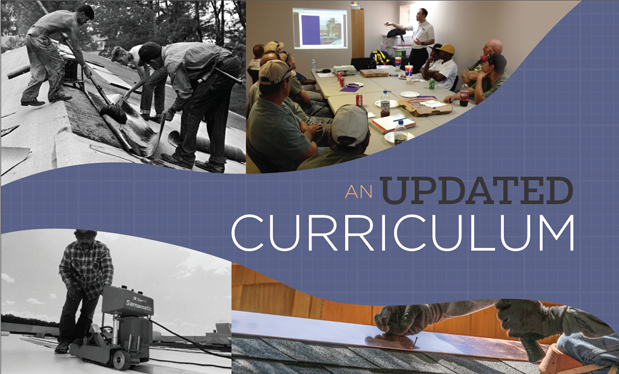
|
New York City DOB inspectors issue 1,499 stop-work orders
Who are refugees?
The federal government and private sector organizations have been working cooperatively to resettle refugees for decades. Defined by international law as individuals who are “unable to return to [their] home country due to a well-founded fear of persecution based on race, religion, nationality, political opinion or social group,” a majority of refugees arriving in the U.S. come from areas of conflict. A recent example is the thousands of Afghan refugees who fled the Taliban’s resurgence in August. Refugees are subject to the highest-level security checks and an extensive vetting process that takes two years on average before they are admitted to the U.S. for resettlement. Refugees are authorized to work in the U.S. upon arrival and are eligible for permanent residency within one year of arrival and citizenship five years after arrival.
Refugees can bring enormous value to companies, especially when employers are struggling to fill open positions. Refugees tend to be hardworking and highly motivated, bring diverse skills and views that can boost creativity and innovation, and often can fill gaps in local labor markets. Data from the Department of Homeland Security indicates 77% of refugees are of working age. Experience has shown with the proper support during their transition and resettlement, refugees can become loyal and resilient employees.
Employer resources
Roofing industry employers interested in exploring opportunities to hire refugees can begin by reviewing the U.S. Employers’ Guide to Hiring Refugees. The document is published by Lutheran Immigration and Refugee Services, which has been resettling refugees since 1939, and the Tent Partnership for Refugees, which was formed in 2015 to help mobilize the private sector to improve the lives and livelihoods of refugees in the U.S.
The guide covers every- thing an employer needs to know to hire refugees through the resettlement process. It describes how refugees are vetted by the State Department before they enter the U.S. and then assigned to one of nine private resettlement agencies that partner with the federal government to provide resettlement services, including assistance in finding employment. The guide also explains how employers that hire refugees may qualify for federal tax credits through the Work Opportunity Tax Credit.
Another resource for employers is the federal Office of Refugee Resettlement, which works with private resettlement agencies to help refugees find jobs and integrate into their new communities. The ORR website provides an overview of the U.S. Refugee Resettlement Program. The resettlement agencies have staff dedicated to assisting employers in the hiring process as they work to match refugees with suitable employment based on refugees’ skills. Employers interested in hiring refugees should visit the ORR website or contact a local resettlement agency office.
The U.S. Employers’ Guide to Hiring Refugees also notes that while hiring refugees has many advantages, there can be challenges for employers if barriers such as cultural differences, limited English proficiency and potentially outdated employment skills are not adequately understood and addressed. Employers may need to make modest investments to facilitate the recruitment and retention of refugees to yield the benefits of a diverse workforce. The staff at private resettlement agencies have experience providing the necessary support and tools for employers to successfully transition refugees into their new careers.
Meaningful work
Providing an opportunity for a refugee to establish a meaningful career in the roofing industry can be rewarding on many levels. Newfound employment often is more than just a job for refugees; it’s an important marker of community involvement and a step toward successful assimilation. According to Hamdi Ulukaya, founder of the Tent Partnership for Refugees, “the minute a refugee has a job, that’s the minute they stop being a refugee.”
The federal government recently raised the admission cap to 125,000 refugees for 2022, meaning there will be ample opportunity for employers to onboard refugees in the near future. NRCA urges members to consider this unique way to supplement their workforce development strategies and stands ready to assist those who wish to pursue this worthwhile endeavor.
Duane L. Musser is NRCA’s vice president of government relations in Washington, D.C.
On Oct. 7, Switchboard, an online resource hub for refugee service providers in the U.S., presented a webinar, “Who are Refugees and How Do They Arrive in the United States? Understanding the Refugee Resettlement Process.” To listen to a recording of the webinar, visit switchboardta.org/resources.
PRIVATE RESETTLEMENT AGENCIES
Following are nine private resettlement agencies with offices in the U.S. Employers can find a local office with staff who can assist with employment services in their state or region:
- Church World Service
- Episcopal Migration Ministries
- Ethiopian Community Development Council Inc.
- HIAS (Hebrew Immigrant Aid Society)
- International Rescue Committee
- Lutheran Immigration and Refugee Services
- United States Conference of Catholic Bishops/Migration and Refugee Services
- U.S. Committee for Refugees and Immigrants
- World Relief



